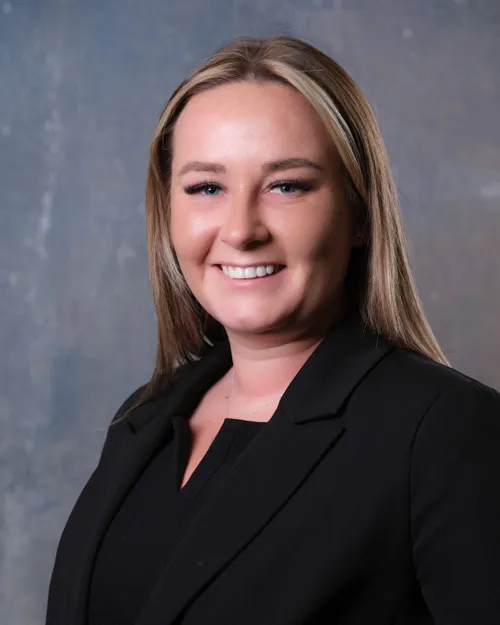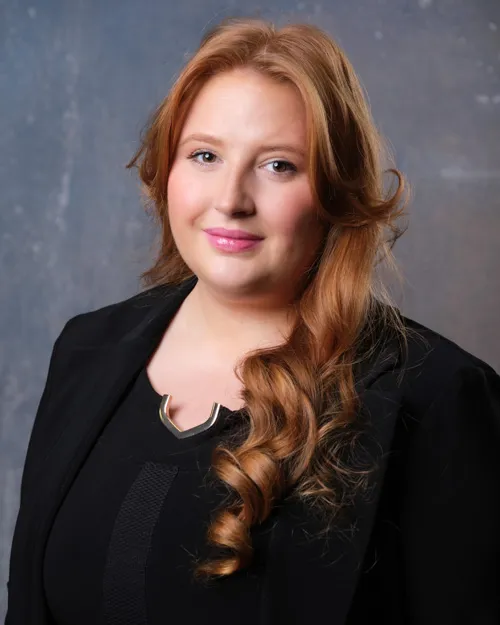At AFG LAW our divorce solicitors can guide you through the complex area of spousal maintenance- whether you are the spouse who may be asked to pay maintenance or the spouse receiving financial support. Spousal maintenance is a sum of money paid from one spouse to the other each month, it can be agreed between the parties or ordered by the financial remedies court. Spousal maintenance is designed to assist the lower earning spouse to adjust to life after a divorce without undue hardship, especially if it has been a long marriage. It is important to understand that spousal maintenance is different from child maintenance. Spousal maintenance can be directed to be paid during the divorce proceedings as well as after a financial settlement has been reached.
Every divorcing couples’ circumstances are unique and there is no hard and fast rule about when the court might decide ongoing financial support at the end of a marriage is necessary. When the court is dealing with finances on divorce it has a duty to consider whether a clean break order should be made. A clean break order is used to separate the financial ties between the divorcing couple, but if a divorcing couple’s circumstances are such that ongoing financial support might be needed by one of the spouses the court does not have to make a clean break order. The court has a broad range of powers and it can order that spousal maintenance should be paid for a fixed period, for life or even that it should be paid at the point of the financial settlement if there is enough available capital. The court will look at the s25 factors when making a decision about whether to make this kind of order; this includes the income, earning capacity, property and other financial resources each of the parties to the marriage has or is likely to have, the financial needs, obligations and responsibilities each of the parties to the marriage has or is likely to have, the standard of living enjoyed by the family, the age of the spouses and duration of the marriage, the health of the spouses etc.
The length of time that one spouse might have to provide the other with financial support depends on a divorcing couple’s specific circumstances, but it is usually the aim that spousal maintenance is only provided for a period of time to allow the receiving spouse to become financially independent by either retraining, returning to work, looking at what they earn and what is realistic for them to earn. It is not the purpose of spousal maintenance to try and make the financial circumstances of the divorcing couple equal; instead, by making a spousal maintenance order, the court is looking to assist the financially more insecure spouse to meet their reasonable needs in a fair way.
Our divorce solicitors are regularly asked what happens if circumstances change, for example, either of the ex-spouses’ start cohabiting, start another family, lose their job, become unwell etc. A maintenance order can be varied by making an application to the court and if the spouse receiving financial support remarries a spousal maintenance order comes to an end automatically.
How much will I have to pay?
There is no fixed mathematical calculation. The court is trying to achieve fairness and if there was a standard calculation for all couples this would not be possible. The court will instead look at the capital, income and financial needs of the divorcing couple and will apply the s25 factors. If it has been a short marriage with no children and both spouses earning similar amounts it’s likely spousal maintenance won’t be ordered; if it is a long marriage, one spouse has given up their career to care for the children and look after the household then it is more likely spousal maintenance will be ordered.
I am cohabiting with my new partner. Does this effect anything?
The court will take into account whether you have started another relationship and are living together with a new partner. If this is whilst the divorce process is ongoing this is included within the financial disclosure that has to be provided as part of financial order court proceedings and as part of this form you will be asked to give brief details, so far as they are known to you, of his or her income, assets and liabilities.
It may also be relevant if you are the spouse receiving spousal maintenance as it may have changed your needs. If you have moved in with your new partner that may resolve your housing needs, if they have moved in with you it may be reasonable to suggest that has had an impact on available income, reduced bills etc. This may mean that the maintenance payments could be reduced. Financial orders that provide for maintenance may also specify that the payments come to an end if the spouse receiving the financial support cohabits for a period of time. Sometimes there are also similar provisions whereby cohabiting for a period of time leads to the property being sold.
I have had a child with my new partner and money is tighter. Will the Court take this into account?
If you welcome a new child into your life your financial responsibilities and financial needs increase. This may mean that your ability to pay maintenance is reduced. This is something that is taken into account when calculating child maintenance through child maintenance solutions or when using their online calculator to consider appropriate levels of maintenance.
I receive spousal maintenance, but I am about to get remarried. What happens to my payments?
Spousal maintenance automatically stops if the spouse receiving spousal maintenance remarries. Some financial orders may have also used remarriage as a triggering event for the sale of the former matrimonial home and the division of the equity in the property.





































